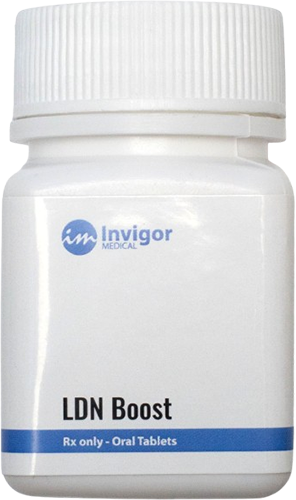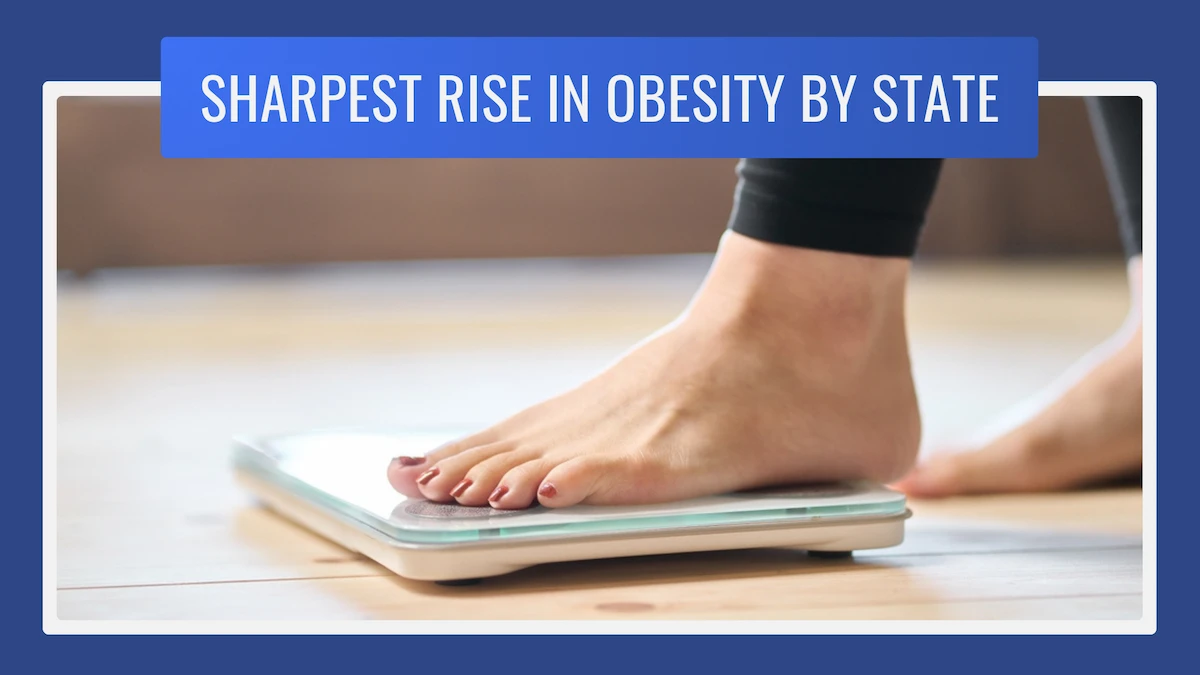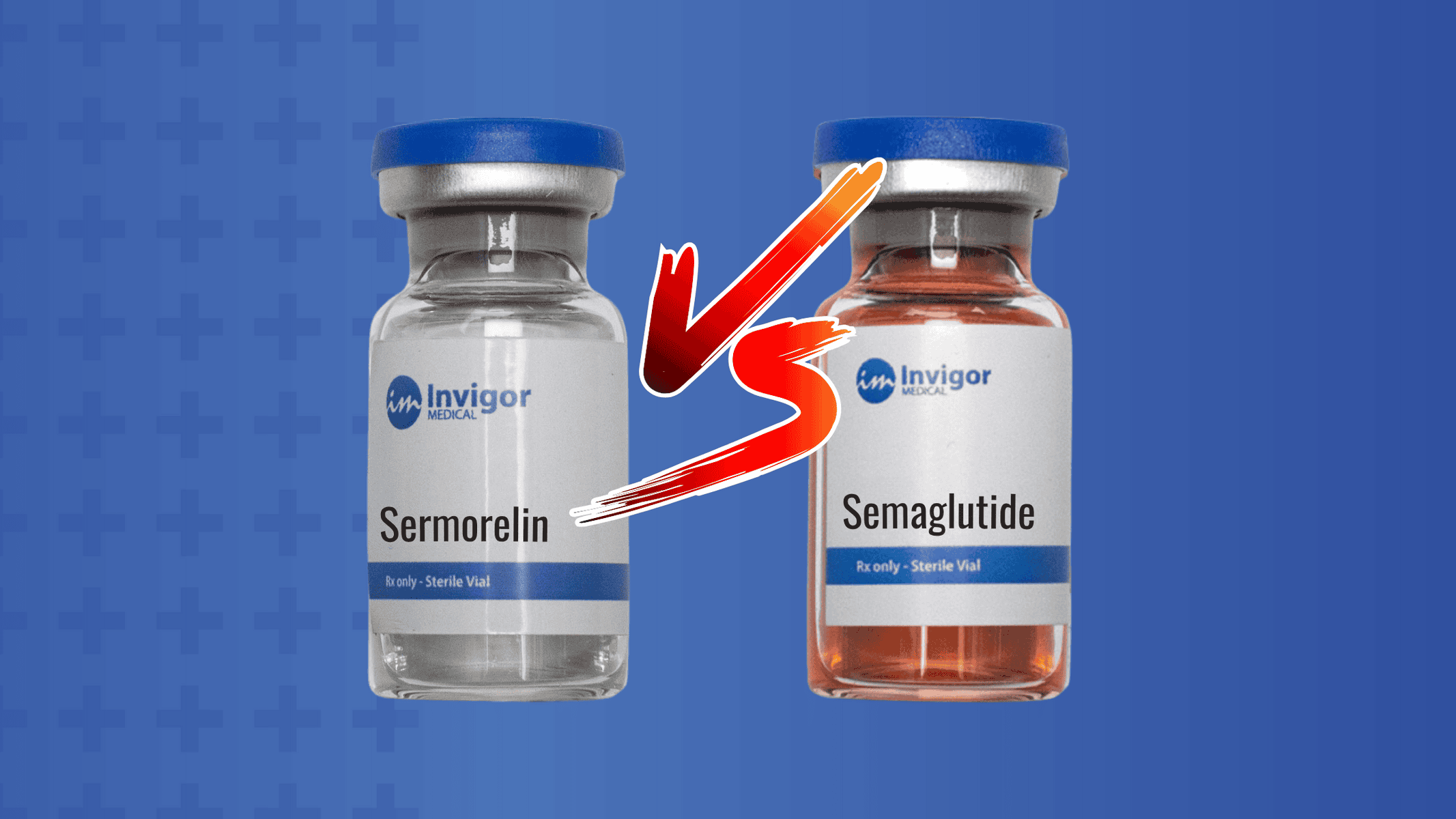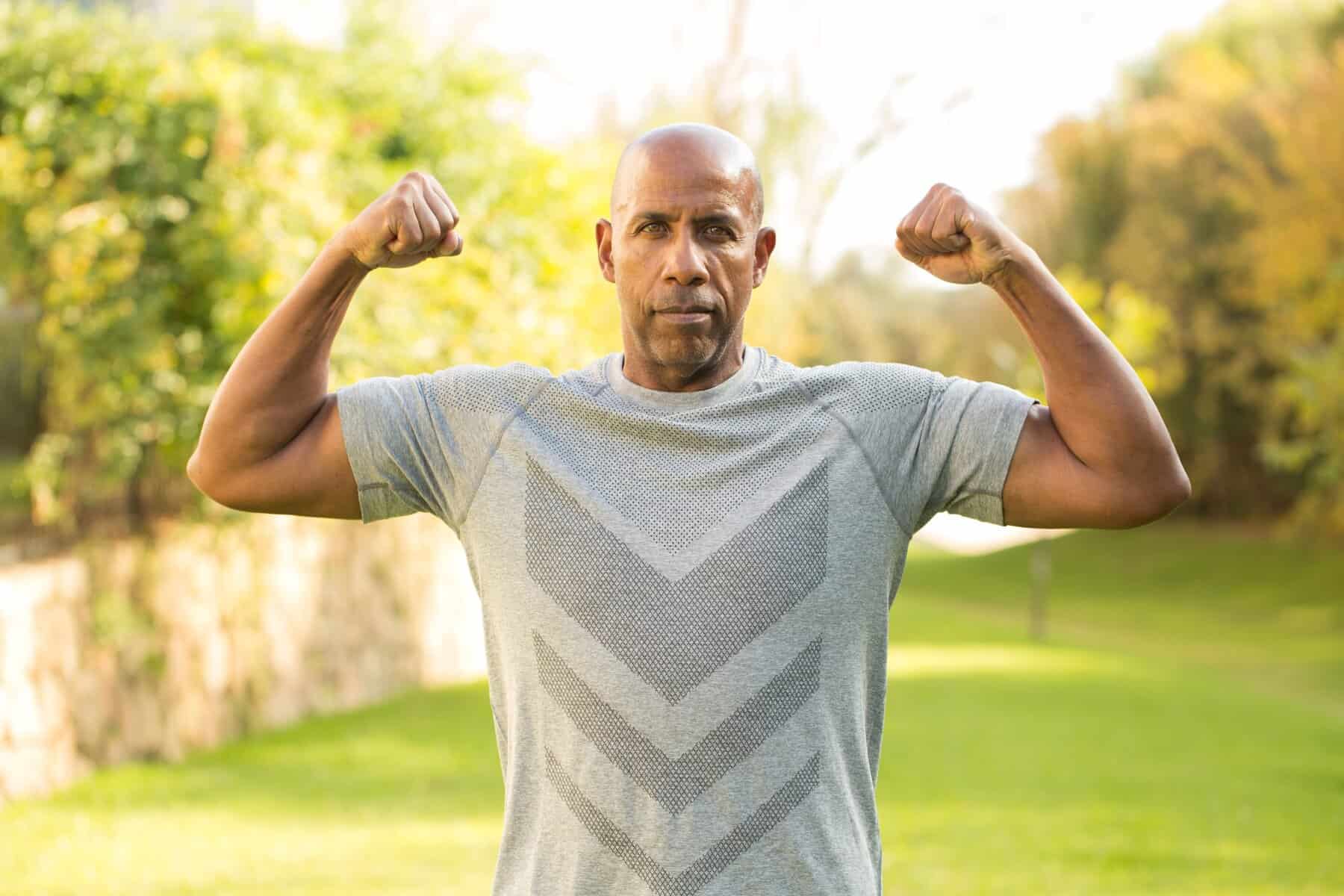According to the UK-based LDN Research Trust Charity, low-dose naltrexone (LDN) is a safe and effective medication that is not an opioid and is not addictive. It may help relieve pain, control autoimmunity, and reduce inflammation. Naltrexone is approved for treating alcohol and opioid use disorders.1 It is prescribed at a higher dose, which can cause several unpleasant side effects. In the 1980s, Dr. Bernard Bihari used LDN to treat symptoms associated with acquired immune deficiency syndrome (AIDS) by using LDN to boost the immune response. He found that LDN worked better than the traditional higher dose. Since then, clinical uses have continued to increase.2
LDN’s manufacturer does not specify when it should be taken, but many people take it in the morning to reduce insomnia, one of the potential side effects.3 Other people take LDN at night because it may cause drowsiness, fatigue, and dizziness, making it hazardous to drive or operate heavy equipment. It has historically been prescribed for nighttime use because most endorphins are produced at night.3 However, studies show the same effect occurs during the daytime. Depending on potential side effects and what works best with your schedule, take LDN in the morning or at night.
Table of Contents
Should Low-dose Naltrexone(LDN) Be Taken On An Empty Stomach?
Some people experience nausea when taking LDN. Taking LDN with a meal can help reduce this.
What Dose Of LDN Should I Take?
The best answer to this question is the dose that is prescribed for you. The typical LDN dosage is 1.5 mg to 5 mg daily.3 Many people start at an even lower dose than the recommended dose because of side effects and need to slowly titrate their dosage upward. LDN does not work quickly and may take some time before you notice any noticeable changes in your symptoms.
What Are The Side Effects Of LDN?
Side effects from LDN are uncommon, and when they occur, they are typically mild. Reported side effects from LDN include:
- Difficulty sleeping
- Nightmares
- Unusual dreams
- Nausea
- Weight loss
- Prolonged erections
- Headaches
Starting out with a low dose of naltrexone and slowly increasing it helps your body get used to it and reduces side effects.

What Is LDN Used For?
Naltrexone is a life-saving medication for people with opioid addiction. Scientists are still learning about all the ways low-dose naltrexone (1/10th the dose) can be used to treat medical conditions. Low-dose naltrexone is used to treat:4,5
- Weight loss
- Cancer
- Chronic fatigue syndrome
- Fibromyalgia
- Autoimmune thyroid disorders
- Multiple sclerosis
- Crohn’s disease
- Rheumatoid arthritis
- Psoriasis
- Skin conditions
- Pain control
- Autism
- Stress
These uses are off-label. While no clinical trials have been conducted to demonstrate its efficacy, researchers found that patients’ pain and other symptoms improved more on lower doses of naltrexone than on the higher doses used to treat opioid addiction. This is counterintuitive because, typically, we assume higher doses will yield more benefits.
Researchers need to separate true effects from placebo when evaluating drug effects. A drug with more benefits at a lower dose suggests the effects are true. However, LDN lacks high-powered clinical trials to test its safety and efficacy.
Who Should Not Take LDN?
LDN is contraindicated for anyone taking opioids or other pain medications. LDN is a pure opioid antagonist. Taking LDN while taking opioids could cause a serious and dangerous withdrawal reaction. Do not take LDN if you have hepatitis or liver failure. People who have had organ transplants and are taking immunosuppressive drugs permanently are cautioned against using LDN.
Examples of opioids:
- Heroin
- Codeine
- Morphine
- Oxycodone
- Tramadol
- Hydrocodone

How Does LDN Work?
LDN works by temporarily binding and blocking opioid mu receptors. These receptors are found throughout the nervous system, the gastrointestinal tract, and lymphocytes. LDN binds for about one hour, and the effects last for 4 to 6 hours. When the receptor is temporarily blocked, your brain responds by producing more opioids. An increase in opioids has many effects on the body. The most significant is reducing pain. Increased opioid levels persist in the body for about 18 to 24 hours.6
LDN blocks toll-like receptor (TLR)-4 receptors found on immune cells (macrophages) and reduces inflammation. Activated microglial cells in the brain produce pro-inflammatory chemicals called cytokines.3 Inflammatory chemicals increase blood flow and cause swelling, redness, and pain. The inflammatory response is meant to fight pathogens, but when activated unnecessarily, the inflammatory process causes you to feel ill without the benefits.
Many of the benefits associated with LDN are due to increased natural opioid release and decreased inflammation. More research is needed in this area.
Does Low-dose Naltrexone(LDN) Make You Gain Weight?
LDN can cause decreased appetite and cravings, which can cause weight loss. Weight gain is not typically a side effect associated with LDN.
LDN may help people lose weight by reducing insulin resistance, restoring growth hormone levels, controlling appetite, improving sleep, and optimizing thyroid hormone. 7
- Insulin resistance is when the body cannot effectively convert carbohydrates into energy
- Low-dose naltrexone may help restore growth hormone to physiological levels
- Low-dose naltrexone helps you resist cravings for unhealthy foods
- Sleep and weight loss are interconnected. Poor sleep causes fatigue, low energy, lower motivation to exercise and resist unhealthy food choices. Weight gain can increase the risk of sleep apnea, which alters sleeping patterns
- Low-dose naltrexone may help optimize thyroid function
LDN is a safe and effective medication that naturally increases opioids and decreases inflammation. It is prescribed off-label because there are few clinical trials showing its benefits. This is likely because LDN is a cheaper, generic medication, which makes it difficult to get the financial support necessary to fund a clinical trial. Another potential drawback of using LDN is that the only currently available form is a 50-mg tablet, unless you are prescribed LDN and a compounding pharmacy fills it.












